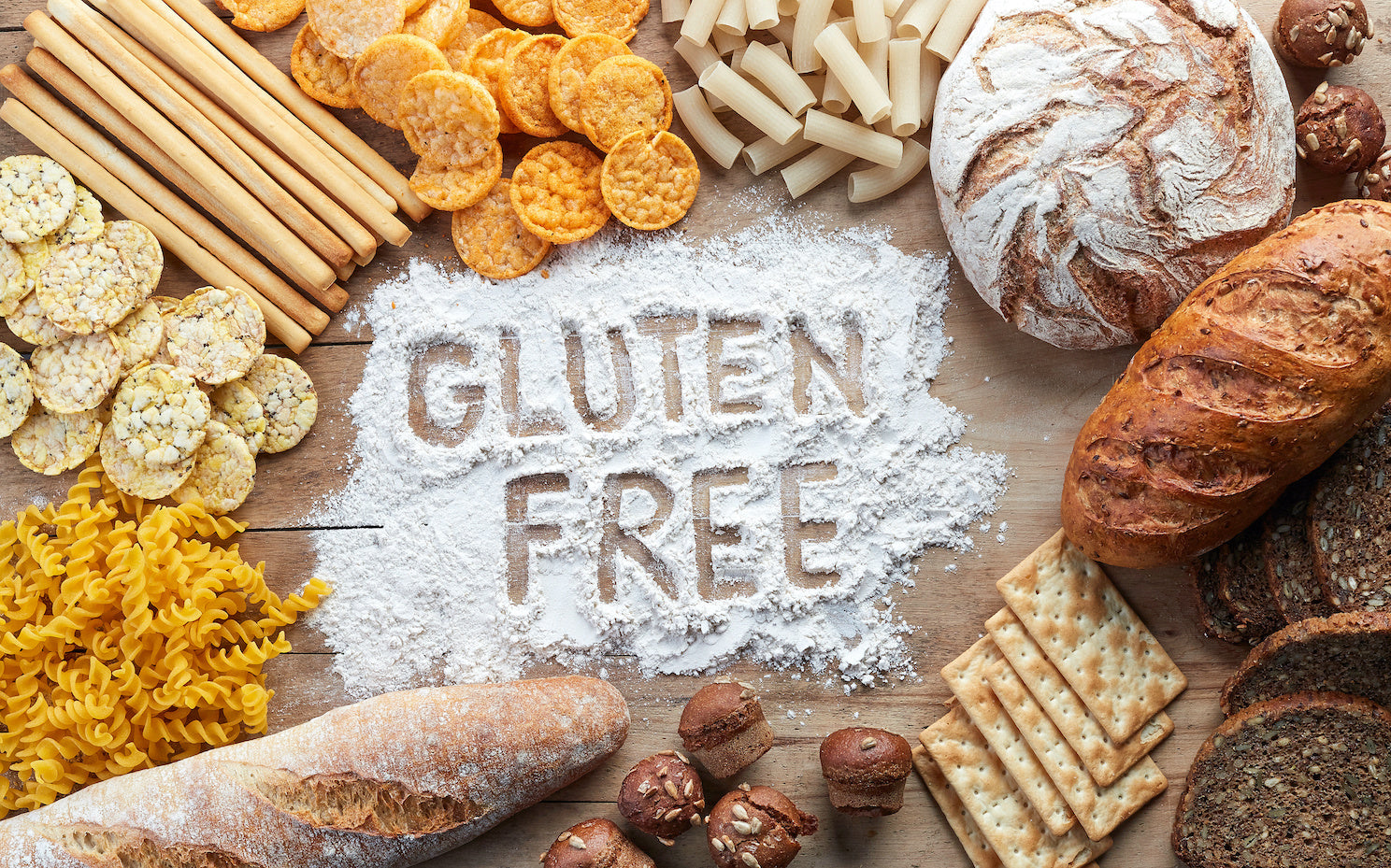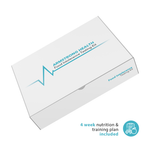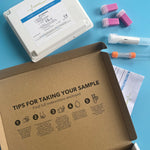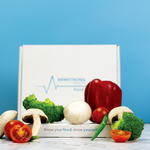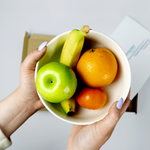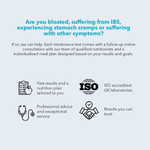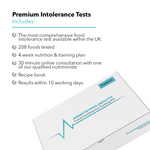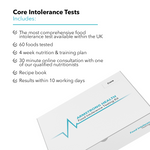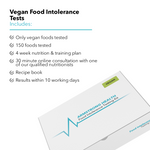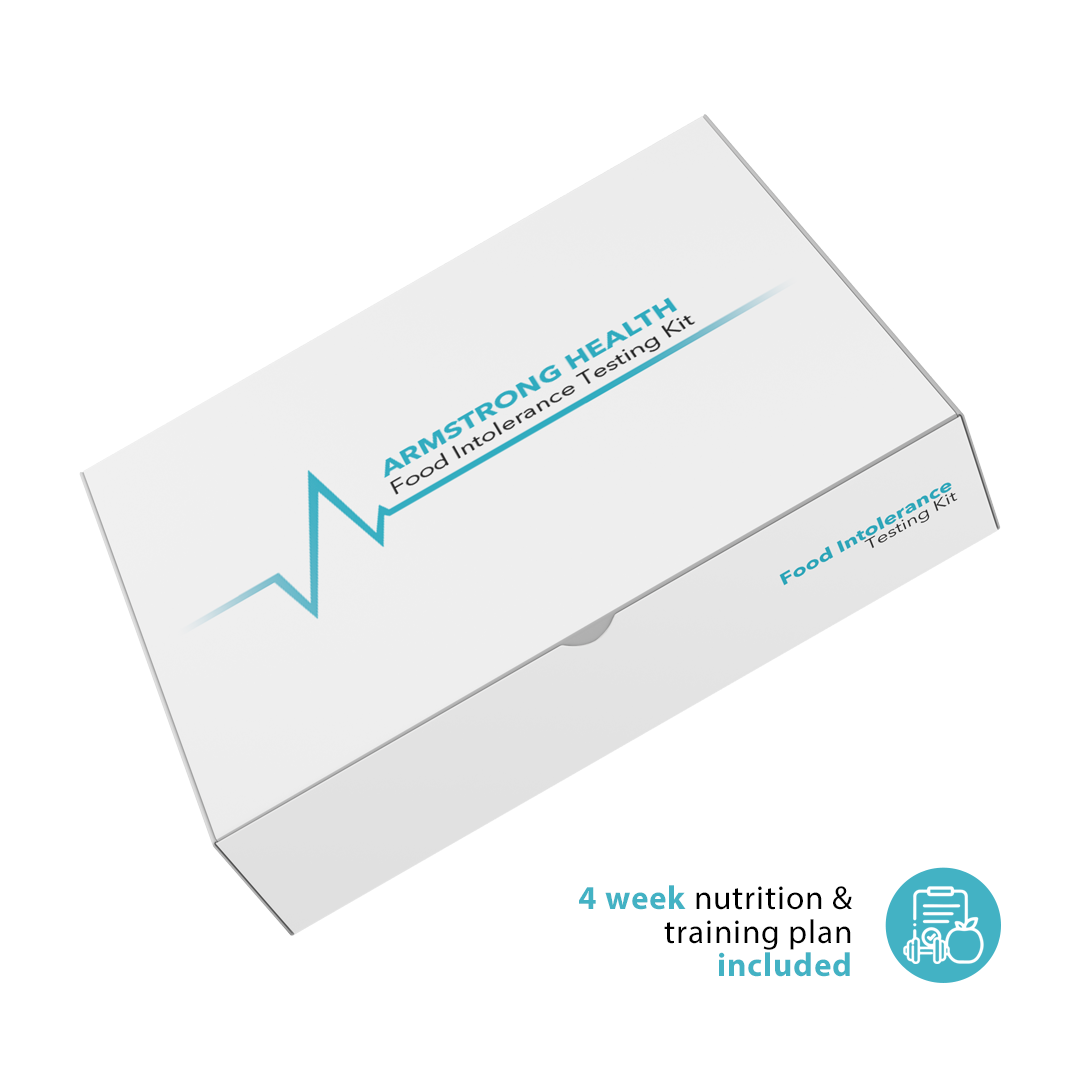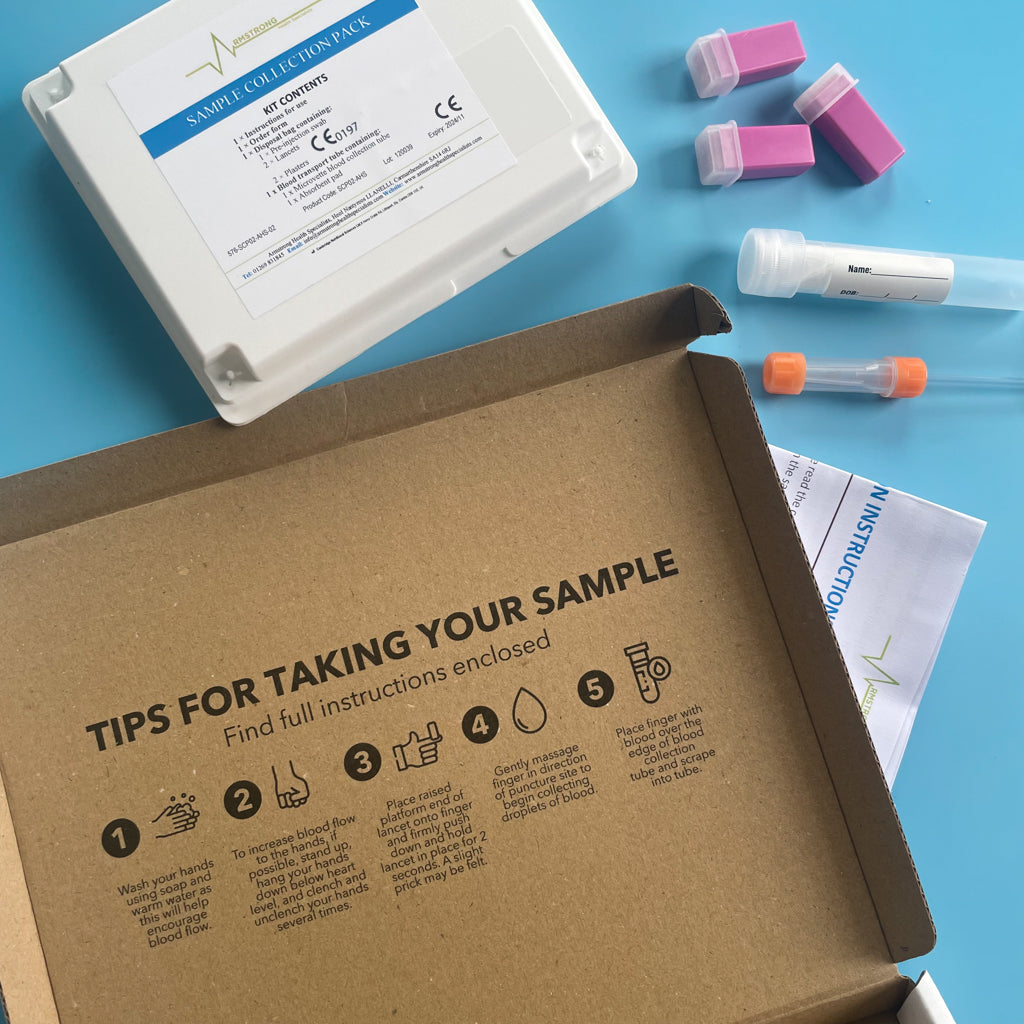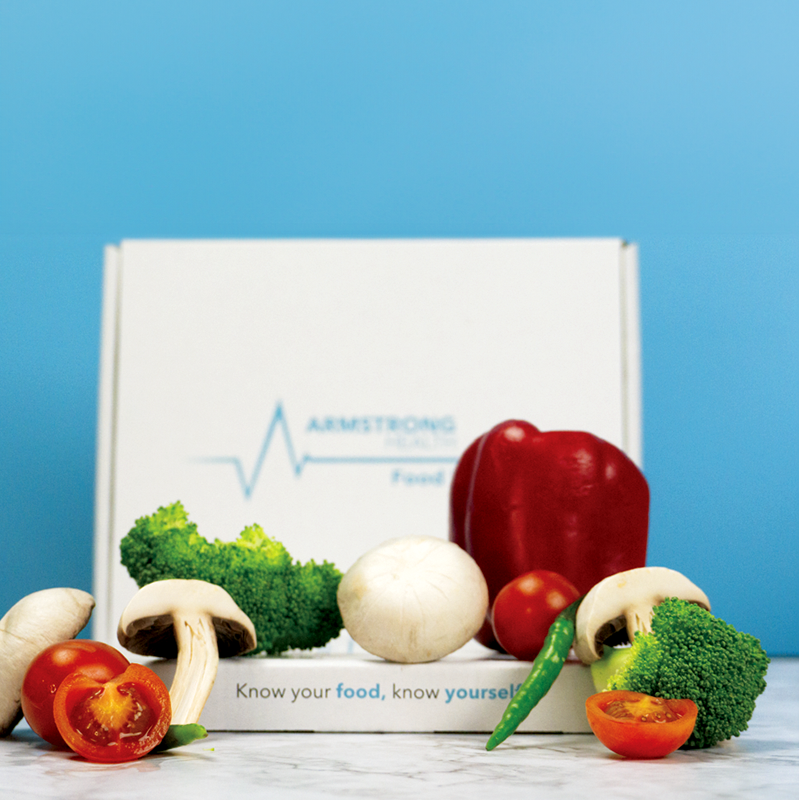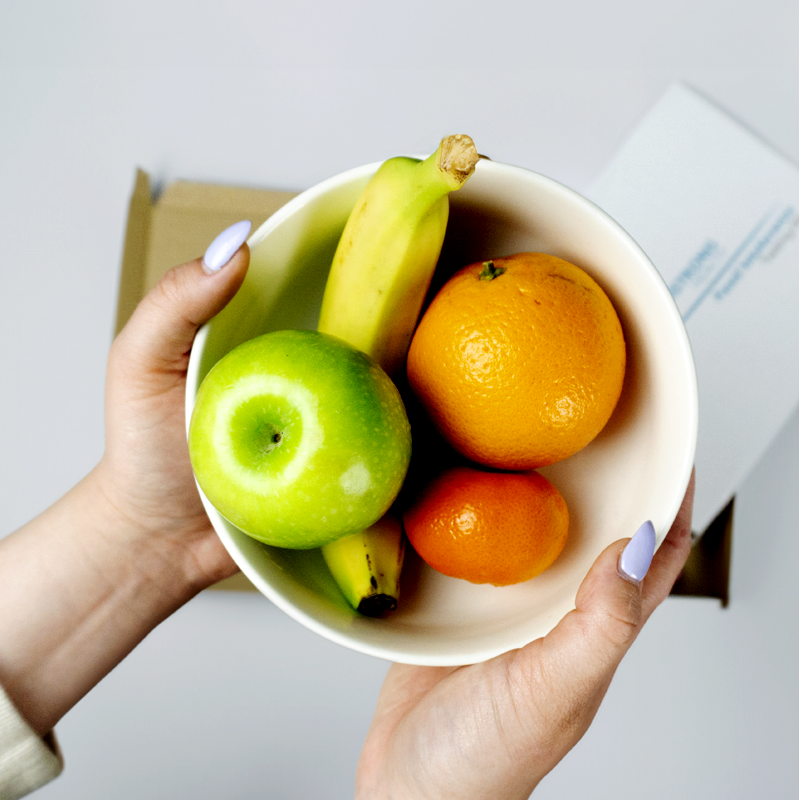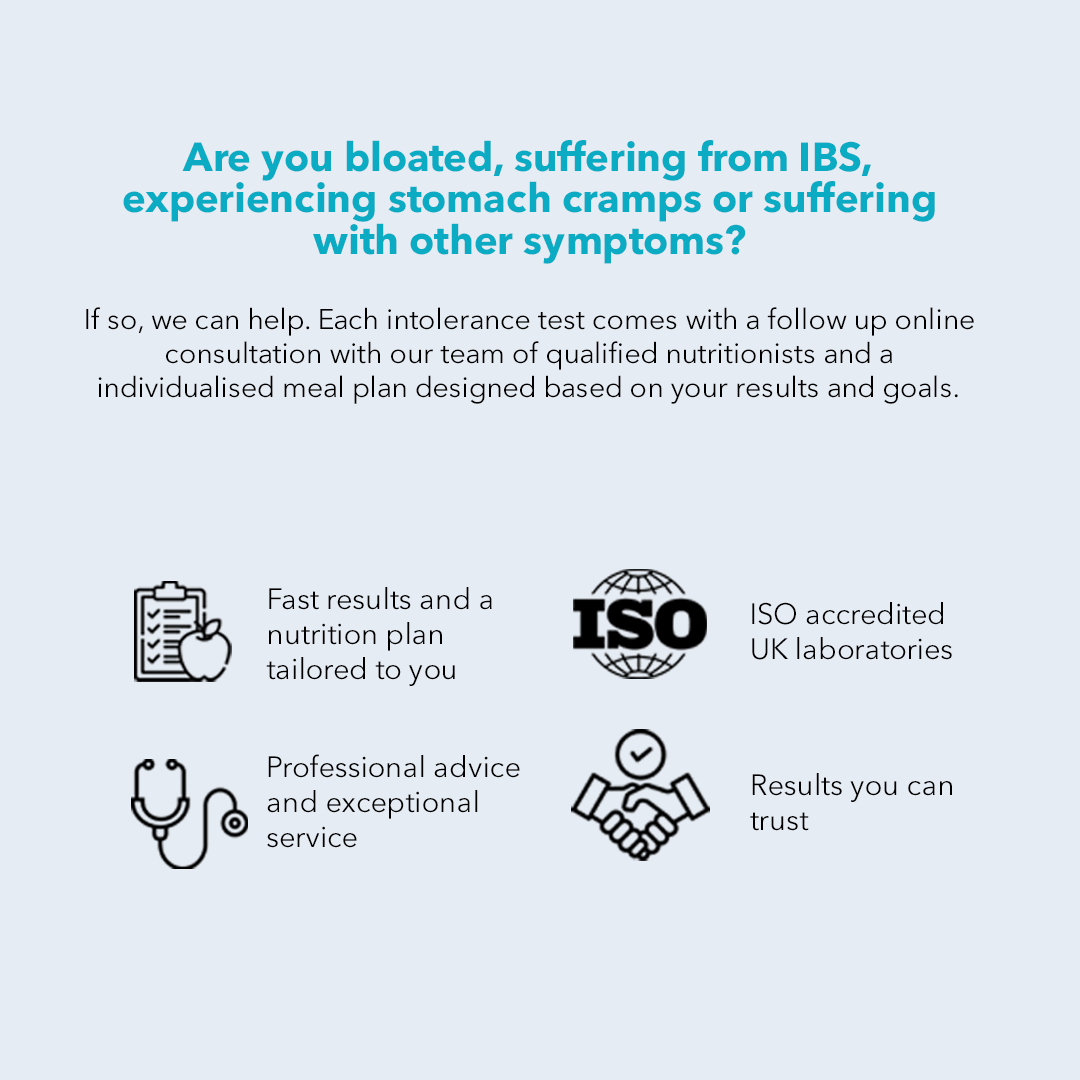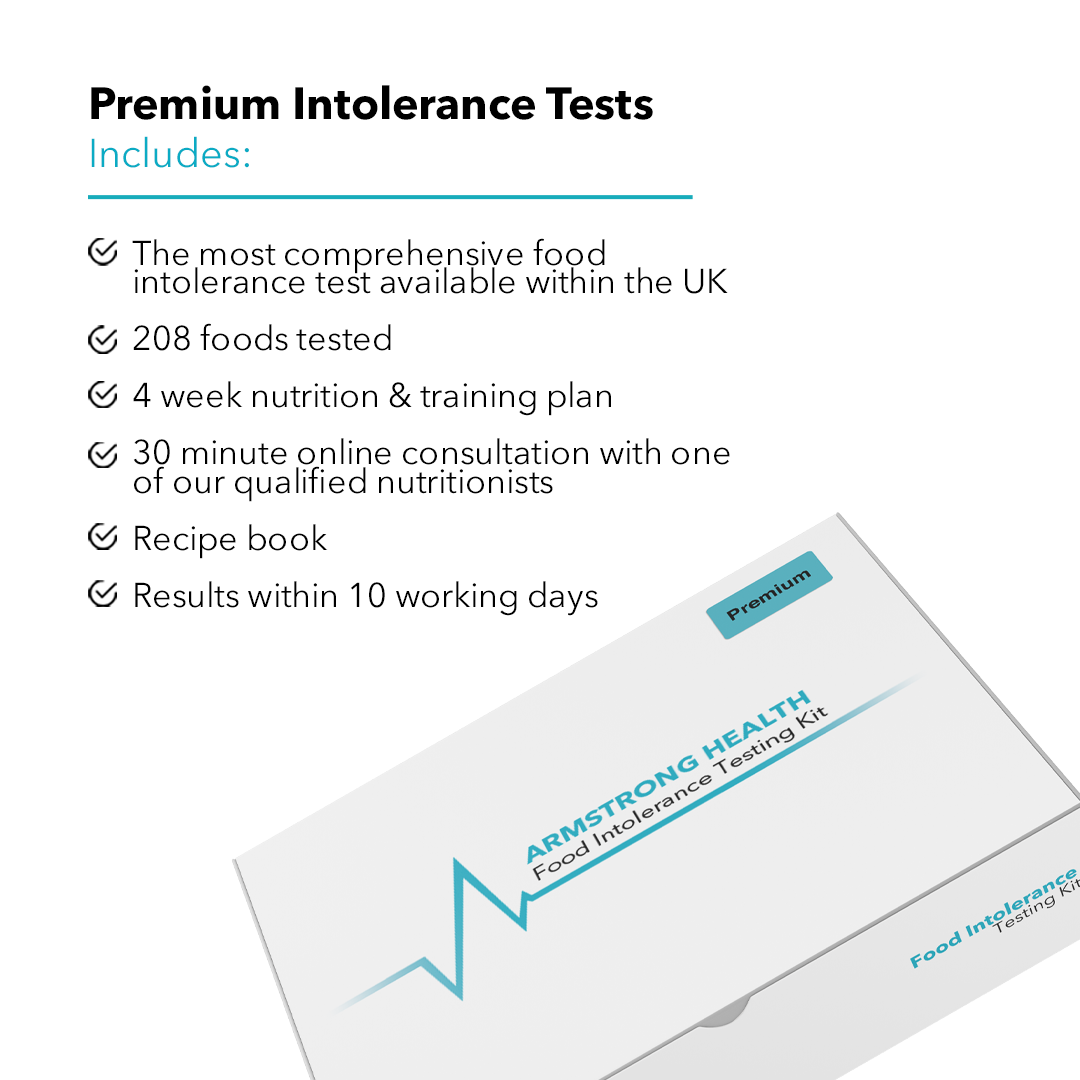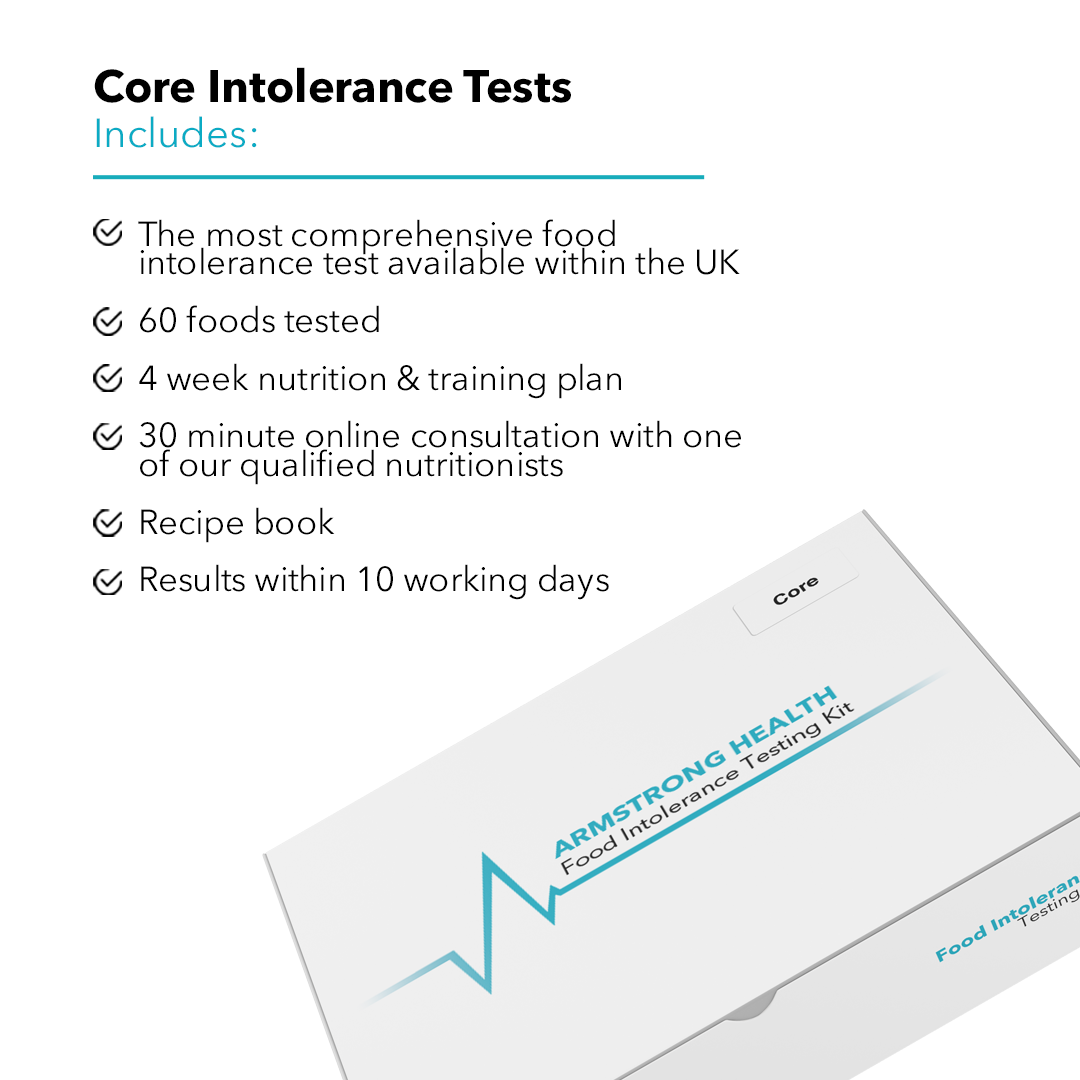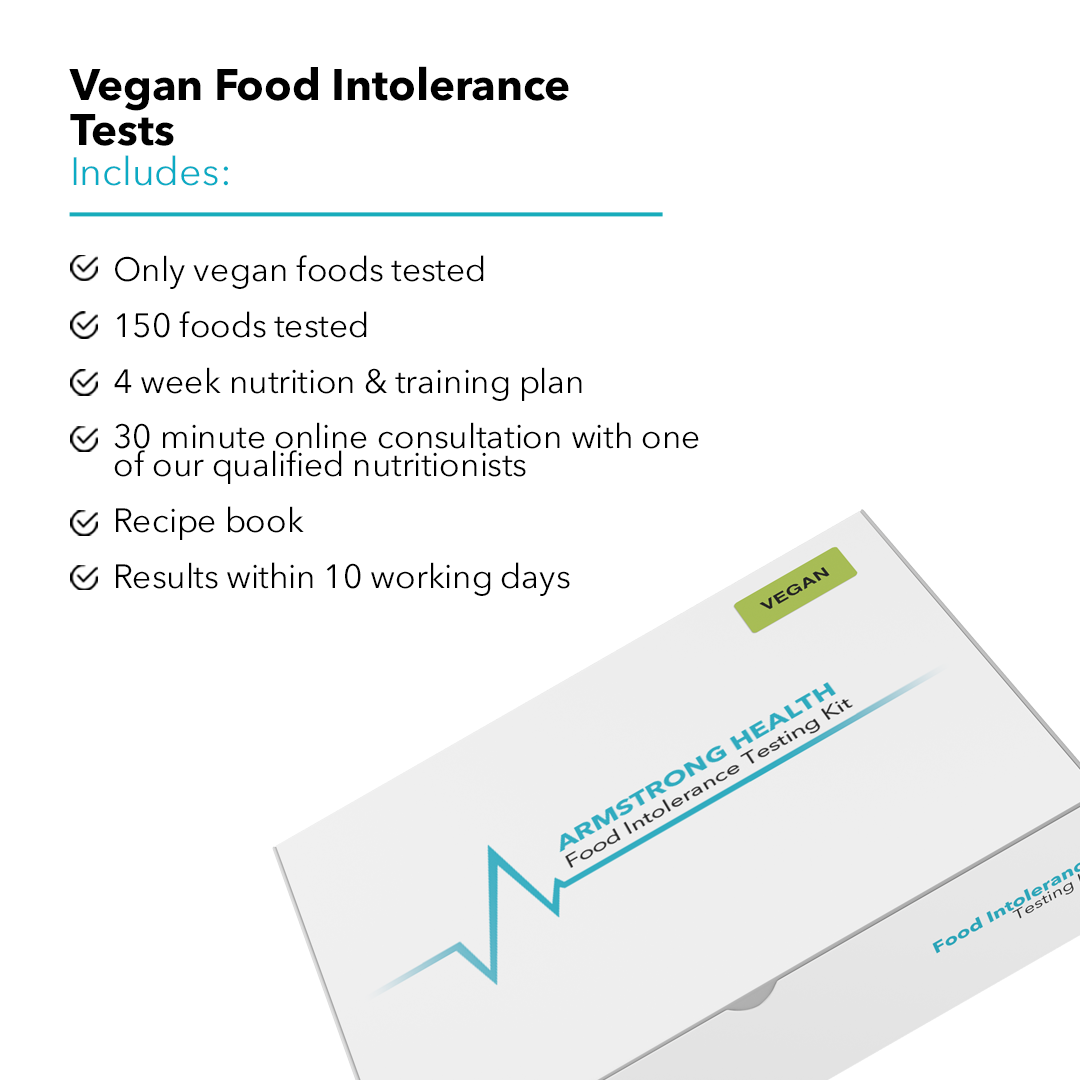Many find that living without gluten can feel like a momentous task. Gluten is a family of proteins found in grains like wheat, rye, spelt and barley.
Recently, gluten intolerance has become ever more predominant, and many people find that living without gluten can feel like a momentous task. Historically, it has been difficult to find gluten-free products in our shops; however, there are more retailers increasing their accessibility and quality of their gluten-free products.
Here are our top 6 tried and tested gluten-free swaps:
No 1 - Bread
Bread is the one foods that most people think they can’t live without.
Again, as mentioned in other posts, it’s because we have been told that from a young age that bread, butter and milk should be a staple food in our homes, and we have continued to live our lives with this learnt tradition.
It is worth mentioning that way back, when people would make their own bread, they would usually prove the yeast a lot longer than what happens in traditional baking now, therefore making the bread easier for your body to digest.
These days, there are many “gluten-free” breads available; however, they are likely to be made with stabilisers, sugars and other synthetic ingredients.
You can get bread that has been made from naturally gluten-free grains such as buckwheat, millet, teff, almond, rice or quinoa. Biona has a number of options available. Or you could try and make your own bread; there are so many fantastic recipes out there for gluten-free bread, our favourite is banana bread.
Replacing bread rolls and wraps with lettuce leaves is what we do, and in our opinion, it tastes so much better.
No 2 - Pasta
Most people prefer eating refined pasta (the dried white pasta) meaning that the wheat kernel has been stripped of the germ and bran along with many of the nutrients it contains, and refined pasta is higher in calories and lower in fibre.
There are so many gluten-free pasta’s available on the market and we suggest that you buy pasta made from naturally gluten-free ingredients such as lentil, chickpea, rice and quinoa.
Some of these pastas could fool anyone for being the “normal” gluten-filled pasta, they look the same, they taste the same, and for us, there is no going back.
Our favourite gluten-free pasta is Dove’s Farm Brown Rice Pasta from Planet Organic and Napolina Chickpea Pasta from Tesco.
No 3 - Cereal
A lot of people have grown up eating cereal and toast for breakfast.
Our issue with cereal is that it’s not real food, it’s a food product. They are loaded with GMO’s (the non-abbreviated version means ‘genetically modified organism’ which are food that has been genetically engineered for reasons unrelated to health or nourishment!).
Even if the cereal states it is fortified with vitamins and minerals, these are still synthetic and engineered.
We advise that you ditch all cereals and instead, use oats - organic or gluten-free.
It is now quite easy to find certified gluten-free oats; however, if you suffer from coeliac disease or are very sensitive to gluten, it is safer to avoid normal oats and go for certified gluten-free. Or if you prefer to avoid oats altogether, swap for amaranth, millet, buckwheat or rice. Our favourite is Organic Gluten-Free Oats and also Just Natural Buckwheat Flakes, both of which you can buy from Planet Organic.
No 4 - Soy Sauce
Soy Sauce originates from china, and it’s made from fermented soy and wheat. Tamari is the Japanese equivalent, and it’s often considered a safe alternative because it’s made without wheat, but always check first to make sure it is wheat and barley free. Our favourite tamari is Kikkoman Tamari Gluten Free Soy Sauce.
No 5 - Alcohol
Gluten-free alcohol is becoming more and more available. With plenty of craft breweries popping up, the issue is no longer trying to find a gluten-free beer, but instead, trying to find the best tasting one!
Although these alcoholic drinks state they are gluten-free, some still have traces of gluten in them, even after the distillation process. Although this trace of gluten is microscopic, really sensitive Coeliac sufferers may have a reaction to those products.
Rum, which is a distilled alcoholic drink made from molasses and sugarcane is generally considered gluten-free; however, you have to be careful if the brand has added a flavour.
Technically, distillation gin is also usually gluten-free; however, it is recommended that if you are very sensitive to gluten or have Coeliac Disease, then you should avoid all gins that are made from wheat, rye, and barley and instead try gin derived from other sources like corn, potatoes, and grapes.
We feel that we should go into this topic further by writing a new blog dedicated to alcohol, therefore watch this space…
No 6 – Stocks & Gravy
Canned broths, stocks and soups usually contain a high amount of sodium, MSG and gluten as a seasoning or flavour. These products are nutritionally deficient, and pre-packaged mixes for gravy, stir-fry’s, sauces and even bouillon cubes usually have some form of gluten as fillers or thickeners.
Watch out for ingredients such as “modified food starch” on labels.
Our favourites are the Bouillon gluten and yeast free vegetable stock, Isabel’s gluten-free beef gravy and Bisto gluten-free gravy.
Remember that ‘wheat free’ does not mean a product is gluten-free as other grains contain gluten. ‘Gluten-free’ does not mean a product is wheat-free as gluten can be removed from wheat, making it gluten-free, but all the other parts of the wheat are still there.
If you suffer from bloating, abdominal pain, fatigue or skin problems after eating gluten, you may think you have an intolerance or sensitivity. It doesn’t have to be like this, as we are here to help you. Please contact us if you wish to have an intolerance test and with the results we can provide you with expert advice, including a nutrition plan designed just for you, to help you live without symptoms.
Please contact us at info@armstronghealthspecialists.com to have expert guidance and individual nutrition plans designed for you.

